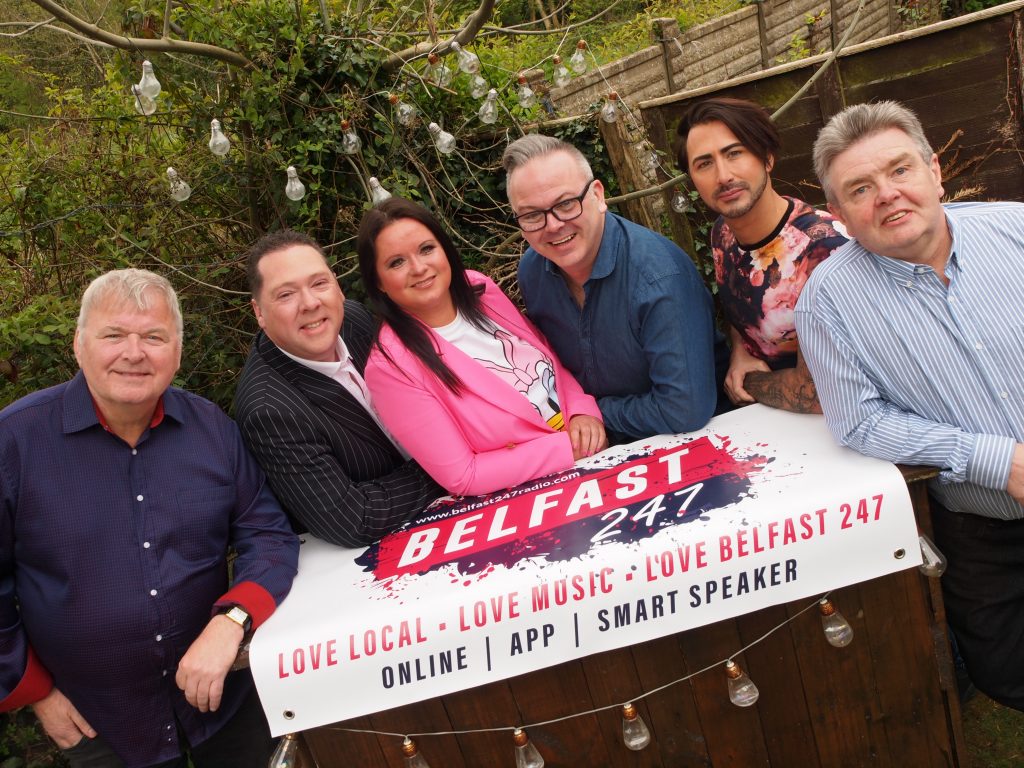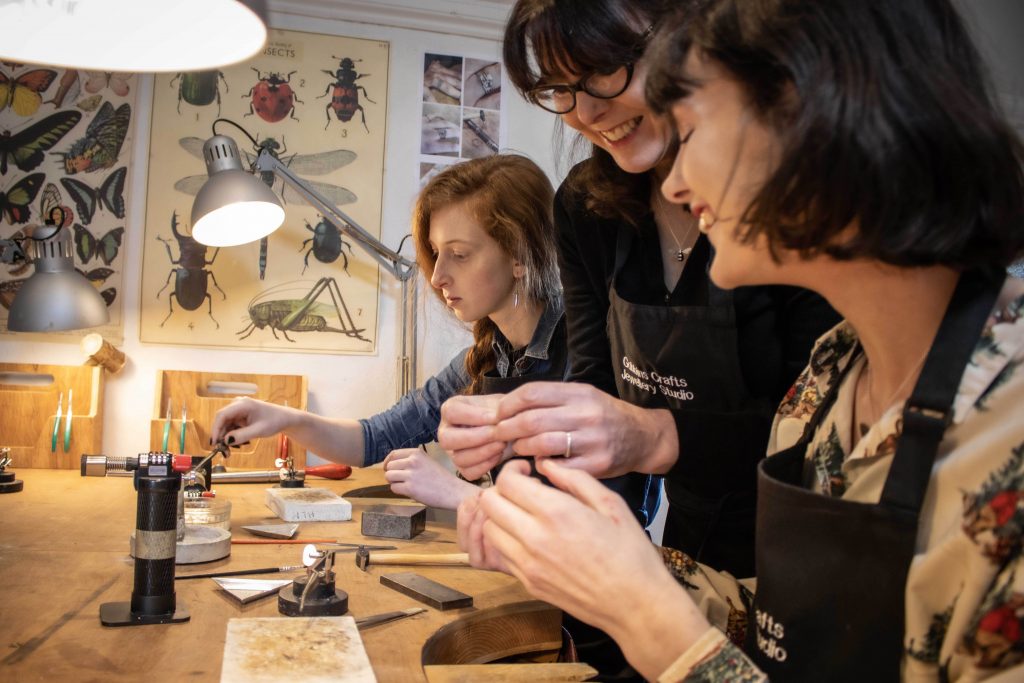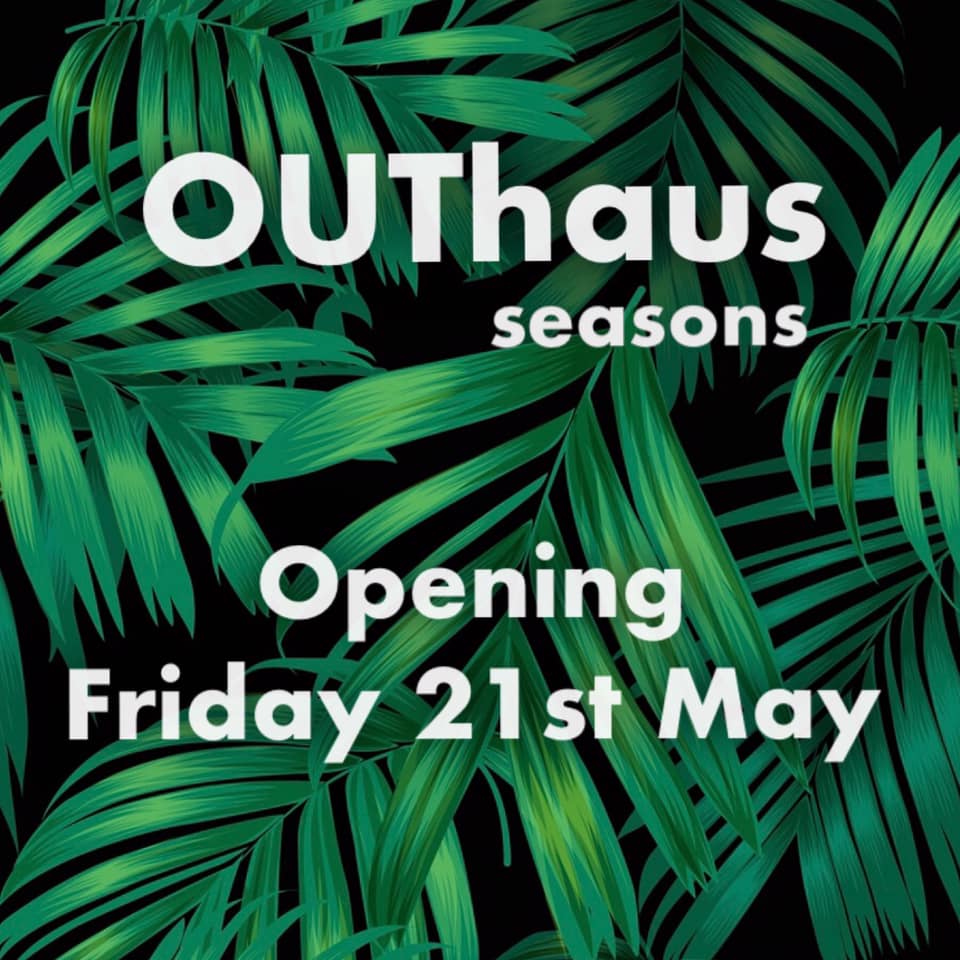‘Curious minds’ workshop with Dr Lucy Johnstone to explore emotional distress and provide more ‘hopeful narratives’ to failed ‘medical model’
Consultant Clinical Psychologist Dr Lucy Johnstone will explore ‘hopeful narratives about emotional distress’ at a Curious Minds workshop in Conway Mill on 15 May, hosted by Participation and the Practice of Rights (PPR) New Script for Mental Health and Glór na Mona as part of local West Belfast Health and Wellbeing Festival Féile na gCloigini Gorma.
The event will consider ‘The Power Threat Meaning Framework’ (PTMF) which was published in 2018 by the British Psychological Society. Lead authors Dr Lucy
Johnstone and Professor Mary Boyle offer alternative models of mental health in the framework based on psychiatric diagnosis. It demonstrates the links between social factors such as poverty, discrimination and inequality, along with traumas such as abuse and violence, and the resulting emotional distress. In this way it helps to show that fear, despair, mood swings, and unusual experiences or beliefs are the result of ‘what happened to you’ not ‘what is wrong with you’.
The PTMF can be used to help people create more hopeful narratives about their difficulties, instead of seeing themselves as blameworthy, weak, deficient or ‘mentally ill’. It also shows why those of us who do not have an obvious history of trauma or adversity can still struggle to find a sense of self-worth, meaning and identity. The PTMF has attracted national and international attention, and is now available in six languages.
Sara Boyce of Participation and the Practice of Rights said: “At this event Dr Lucy Johnstone will summarise the main principles of the PTMF and its applications in our quest in developing a New Script for Mental Health. The workshop style provides interactivity and engagement and we hope it will encourage debate about how emotional distress can actually benefit from having a hopeful narrative and how those attending the event can take these ideas forward.”
Speaking on behalf of Féile na gCloigíní Gorma, Glór na Móna Director, Feargal Mac Ionnrachtaigh stated: ‘We are delighted to partner with New Script for Mental health campaign in this fourth edition to our critical conversations series which seeks to support the building of an exciting and powerful movement from below that is championing a more humane approach to emotional distress. Dr Lucy Johnstone’s workshop is also a perfect fit for our Féile na gCloigíní Gorma festival which aims to build community well-being through connecting people to nature and their local environment whilst building the kind of community solidarity and well-being that is crucial for building hope and resilience. Lucy’s concept of ‘hopeful narratives’ is imperative at such a challenging time when working class communities are suffering disproportionately from crippling government austerity that are forcing people to choose between heating their homes or putting food on the table.
“Communities like ours need support, resources and understanding rather than damaging labels. Lucy Johnstone’s philosophy and practice will further inform our view of the need to challenge narrow pathological and individualised models that medicalise emotional pain and distress. New Script campaigners are bringing our attention to the need to prioritise ‘choice, connection and community’ when discussing and planning how we can collectively develop new approaches based on solidarity and well-being. It is a massive coup for the West Belfast community that Dr Lucy Johnstone has agreed to contribute to this conversation. It’s time for a new way forward and the New Script for Mental Health and Féile na gCloigínín Gorma are showing another way is possible.”
Magz Gibney who is a New Script for Mental Health Activist, said: “I’m so excited to have Dr Lucy Johnstone coming to Belfast. The Power Threat Meaning Framework offers psychiatry and mental health a useful alternative to diagnosis that actually takes account of people’s stories, their lived experiences and accounts for the social and political problems that contribute to their distress. It looks too at why people who don’t have any obvious traumas or adversity, can struggle, and feel despair.
“We also know of too many people and their families who have been harmed in mental health services, where basic rights such as medication reviews, respectful communication and informed decision making are not happening. They are being failed by those in positions of power, who should be acting on their behalf but who compound the harm, by abuses of that power. People who need mental health services must have their rights respected and protected.
“In the face of the enduring mental health crisis in this society, there is a widespread appetite and desire for new thinking and approaches to mental health. We are delighted therefore that as part of her visit, Dr Johnstone will be meeting with MLAs in Stormont to brief them on this ground-breaking approach to mental health.”
The workshop ‘Creating More Hopeful Narratives About Emotional Distress’ is on 15 May at Conway Mill with registration from 9.30am and the event taking place from 10am until 1pm. It is open to the public and to reserve your place, please visit: https://pprproject.wufoo.com/forms/qyhzmnw18oyh5q/





